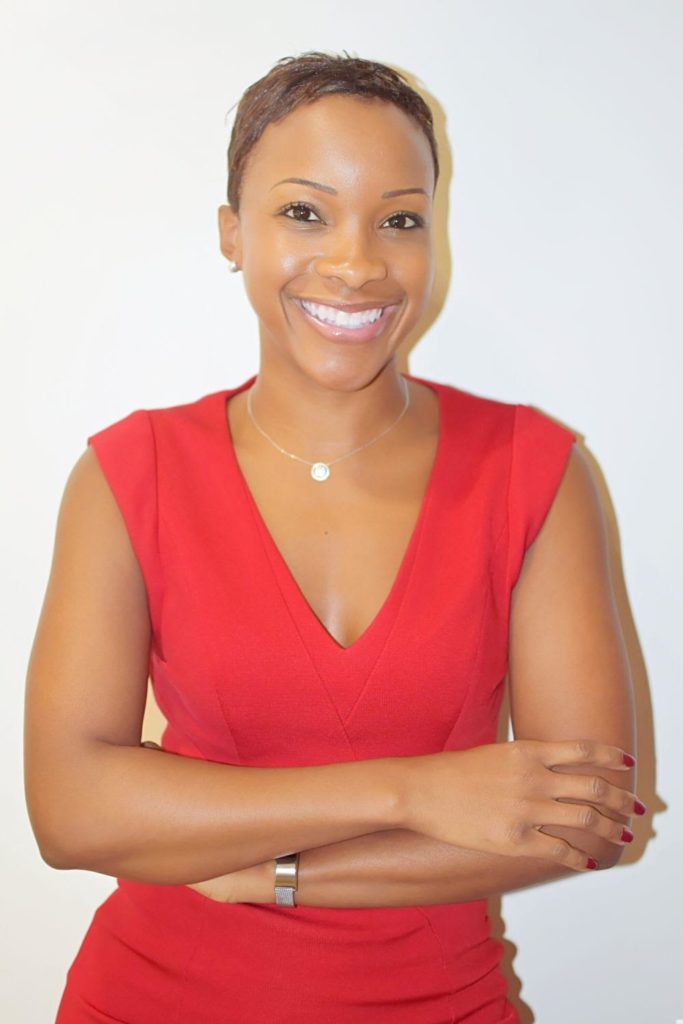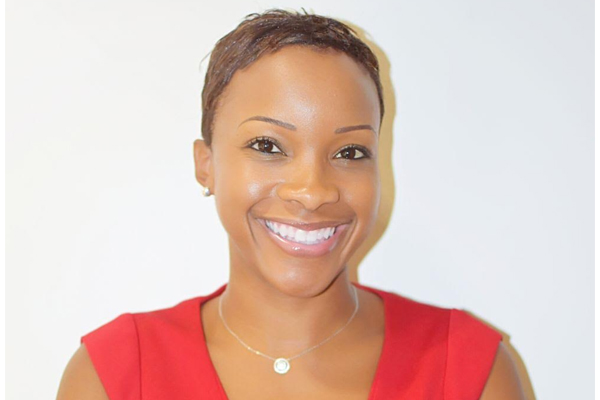Virgin Atlantic’s Commercial Strategy Development Director Patrice Gordon, also a finalist in this year’s Black British Business Awards, talks about her journey to the top in travel as a Black professional and the challenges she faced along the way.
Fair Play Talks: Can you briefly tell us about your career journey to date?
Patrice Gordon: I started my career as an auditor with PwC where I completed my Chartered Accountancy Qualification over the course of three years. I then swiftly moved out of audit into an industry, which was my first love, travel.
At British Airways I started in the group consolidation team, moving to head it up, then into leading the Brand and Marketing team during our 2012 Olympic tier 1 sponsorship. Before moving into the Commercial sales teams I worked in a variety of roles heading up various finance teams, with my final role being the Head of Middle East, Africa and Asia Pacific Finance. I moved on to Royal Mail with a promotion to Finance Director of the Data and Growth Division.
Whilst I was at Royal Mail, I completed my Executive Coaching Course, which had been on my list for a while. I then joined Virgin Atlantic as Head of Commercial Finance, specifically joining a brand where I felt I could make a real difference, which I have done from introducing the first Graduate finance programme, to assisting the implementation of the reverse mentoring scheme plus driving the business’ inclusivity ambitions.
In 2018, I pivoted out of the safe space of finance into the commercial team, heading up the transatlantic Joint Venture between Delta, Air France and KLM, as well as leading key commercial projects as part of the Commercial Leadership team.
Fair Play Talks: What specific challenges did you encounter along the way to the top?
Patrice Gordon: I encountered several challenges, including:
- Finding my voice and being confident in using it.
- Distinguishing feedback on my performance versus feedback on me as a person (I used to take things very personally).
- Understanding that there are unwritten rules to the game, in order to rise, you need to know what these are in order to thrive.
- It’s not only the excellence that you have to demonstrate as part of your job, but also the role that the ‘likeability’ factor plays when it comes to promotions and being ‘seen and heard’.
Fair Play Talks: In your opinion, are there any specific challenges that Black professionals face on their journey to the top that White/other groups do not face in your industry?
Patrice Gordon: There is an implicit/explicit similarity bias, which exists in organisations. The make up of the leaderships teams prove this.
Fair Play Talks: Are you involved in promoting Black talent, race equality or other diversity initiatives?
Patrice Gordon: During my Tenure I was Co-chair of our Ethnicity Committee. Latterly, I have been the Co-chair of the Women in Hospitality Travel & Leisure Ethnicity Committee, which is a network built to share best practice and drive change across the industry.
Fair Play Talks: In your opinion, are companies doing enough to stamp out discrimination and what more could they be doing to promote racial equity in the workplace?
Patrice Gordon: Evidently companies are not doing enough as the scales remain unbalanced. The schemes in place do not go far enough to drive change in our lifetime. To change the foundational beliefs that society has been built on will take some very strong forces of change, and most importantly it will take some very influential and dedicated allies to see this through.
Fair Play Talks: Given the focus on diverse talent, what more can organisations be doing to attract Black/minority talent, as well as retain them?
Patrice Gordon: Firstly, be more present in diverse spaces, and use the networks that include more representation than you would usually. Secondly, actively seek to collaborate within your industry to drive real sustainable change, as organisations are unlikely to make a dent on their own.
Fair Play Talks: In your opinion, can organisations promote equality and fairness to enhance belonging and inclusion that will resonate with all groups?
Patrice Gordon: When you make an active effort to rebalance the scales, there will be individuals from that previously privileged group who will find any action a threat to their very existence. So I am afraid in my opinion, no it will not be possible for changes to be made that will resonate with ALL groups. However, what I would say is that as society and organisations evolve this ‘disenchanted’ group will become smaller as more individuals realise the true benefit of being in a diverse, equitable and inclusive organisation.

Fair Play Talks: Can Black and other minority communities be doing more to promote race equity?
Patrice Gordon: The evidence in relation to the disparities between Black and other minorities communities versus the majority is clear. I am often in rooms, which are echo chambers – underrepresented communities who are all striving to make a change. But with just one big elephant in the room though, we often do not hold the power in organisations/Government to make the decisions which will drive change. We do not need more from these communities. However, majority communities do need to play a more active role in promoting race equity.
Fair Play Talks: What was your reaction when you heard that you’re one of the 2022 Black British Business Awards (BBBAwards) finalists?
Patrice Gordon: I couldn’t believe it. I was overwhelmed with joy, slight disbelief and gratitude!
Fair Play Talks: How important are awards and organisations like The BBBAwards in the UK to promote Black/minority talent and Black role models?
Patrice Gordon: Black excellence exists and when you look at the other nationwide business awards, Black and other minority role models are lacking. One of the things I value about these awards is that they recognise individuals for not only doing their ‘day jobs’, but making a lasting change to their communities too, which is so important for us. We all have a responsibility I feel to ensure that we support others in our community to thrive in anyway we can.
Fair Play Talks: What advice would you give to young Black/minority youth to encourage them to pursue their dream job or business venture?
Patrice Gordon: I wish I grew up in the era where information was just as the tip of your fingertips as it is now. Research Google, go on YouTube, get on Linkedin and contact companies to understand what it would take to pursue you career choice. Then focus relentlessly on it and your hard work will be rewarded. Also surround yourself with people that support you and lift you up. You are the average of your five closet friends. Make sure your average is excellence.
Fair Play Talks: Who is your inspiration/role model in the DE&I space?
Patrice Gordon: Roianne Nedd – I have known of for years and now call a friend. I love her courage and vulnerability. Also Hayley Bennett, who has made creating an equitable world her mission since she was in her teens. She is a constant inspiration to me.
Fair Play Talks: What podcast/vlog/book would you recommend to help other Black professionals get ahead?
Patrice Gordon: The Memo by Minda Harts. I focus on developing my understanding of organisations (The Culture Map, No Rules, Principles of Life & Work) and leadership qualities as opposed to specifically navigating as a Black female. I have found the best support on this front through discussing things with my network.
RELATED ARTICLES
Check out the full list of this year’s BBBAwards finalists here.
Now is the time to have those bold and brave racial equity conversations to advance Black professionals in leadership ranks, says Goldman Sachs’ Tobi Rufus. Click here to read more.







































